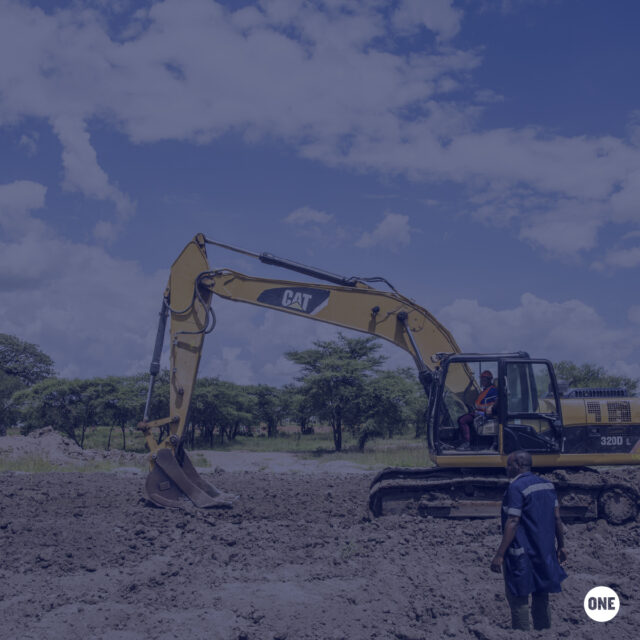Africa saw its first reported case of COVID-19 in Egypt in February 2020, and then soon after the first case in sub-Saharan Africa was confirmed in Nigeria.
Within a few months, the pandemic spread throughout the continent, impacting peoples’ lives and livelihoods drastically, and majorly impacted the continent’s economies.
Here’s a closer look at COVID’s impact and why the African Continental Free Trade Area (AfCFTA) is key to helping African economies recover.
COVID-19’s effects on the economy
African economies suffered greatly from trade barriers and the global collapse in demand for goods and services from the African continent.
Additionally, the closing of borders between African countries and internationally has been detrimental to the continent, not just for tourism but also for Africa’s informal sector. In Kenya, for instance, the informal sector provided 80% of all employment in Kenya before the pandemic, according to the Kenya National Bureau of Statistics (KNBS). More recent statistics, such as the 2020 economic survey, show that informal enterprises provided about 90% of all employment. Even more so, women and girls suffered the most from the pandemic’s effects, with families living in poverty struggling to make up for significant income losses.
In fact, the World Bank stated that the economic output in sub-Saharan Africa shrank by 3.7% in 2020. That’s why the Agreement Establishing the African Continental Free Trade Area (AfCFTA) is critical to Africa’s economic recovery.
How AfCFTA will influence the economy
The AfCFTA agreement, which came into effect this year, has the potential to become a game-changer and bring some great opportunities for entrepreneurs in Africa. Here’s how:
- AfCFTA has the potential to make Africa the eighth largest economy in the world. Development Bank Group signed a $4.8 million institutional support grant to the African Union for implementation ofAfCFTA. Utilizing these figures can drastically improve the economies of Africa.
- AfCTA wants to create bigger markets for farmers across Africa by improving trade.
- AfCFTA will aid in the production of high-quality goods and services by developing a better policy framework, which will encourage more trade and new business opportunities.
- AfCFTA will increase employment and investment opportunities, as well as technological development.
- The agreement will foster specialization and boost industrialization.
What needs to happen now
In order to reap the benefits of AfCFTA, here’s what urgently needs to happen:
- African governments must ensure that their people have access to information, education, and equal distribution to capital.
- As individuals, we need to make sure that this deal gets done, as governments are working day and night to make sure they align their policies and shape the rules in line with AfCFTA.
- We must educate and inspire young people about the importance of this agreement and ultimately bring capital to existing and emerging young entrepreneurs.
- Keep leaders accountable for their commitments and obligations by signing our petition.
